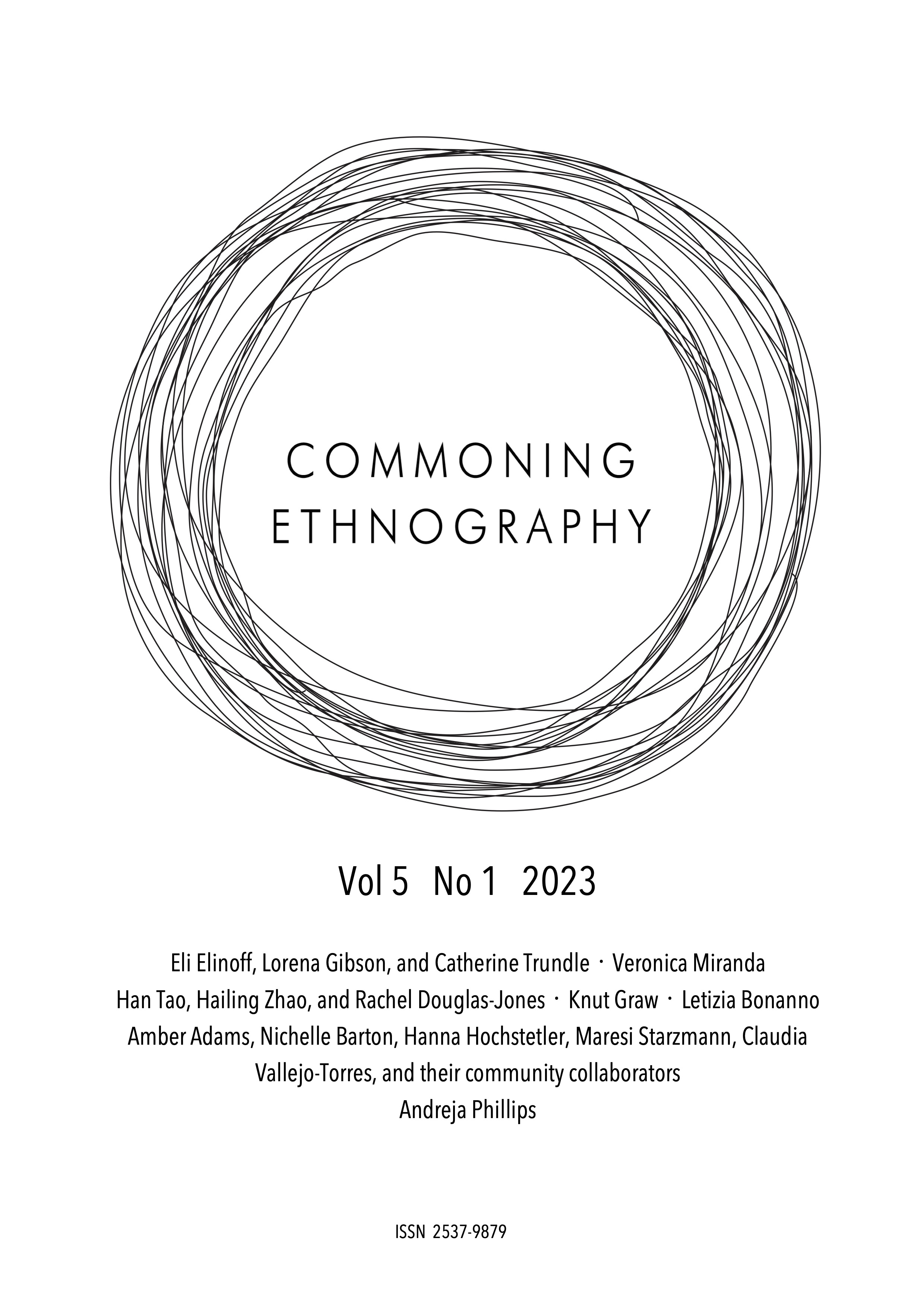Perinatal Mood and Anxiety Disorder in Times of COVID
A testimonio of abandonment and misrecognition in Silicon Valley
DOI:
https://doi.org/10.26686/ce.v5i1.8057Keywords:
pregnancy, postpartum, mood and anxiety disorder, social support, structural violence, misrecognitionAbstract
Between 15-20% of pregnant and birthing people in the United States experience symptoms of Perinatal Mood and Anxiety Disorders (PMAD). This percentage is higher for individuals who are low income, racially minoritized, and/or marginalized. Social systems of care and support have been shown to reduce symptoms of PMAD and help optimize the health of pregnant and postpartum people. For many people, COVID-19 further exacerbated the negative impacts of PMAD, largely because of disruptions of social support networks and health care resources. This article uses testimonio and autoethnography to discuss the stress, abandonment, and feeling of loss associated with the disruption of access to postpartum mental health care and support. While such feelings of loss and abandonment may feel personal, this article argues that it is critical to recognize the structural dimensions of perinatal mental health and postpartum care. The author concludes that misrecognition of the structural dimensions of PMAD contributes to structural violence.
Downloads
Downloads
Published
Issue
Section
License
Copyright (c) 2023 Dr

This work is licensed under a Creative Commons Attribution 4.0 International License.
Articles are licenced under the Creative Commons, which means authors retain full copyright, and can distribute and reprint their work as they wish.


